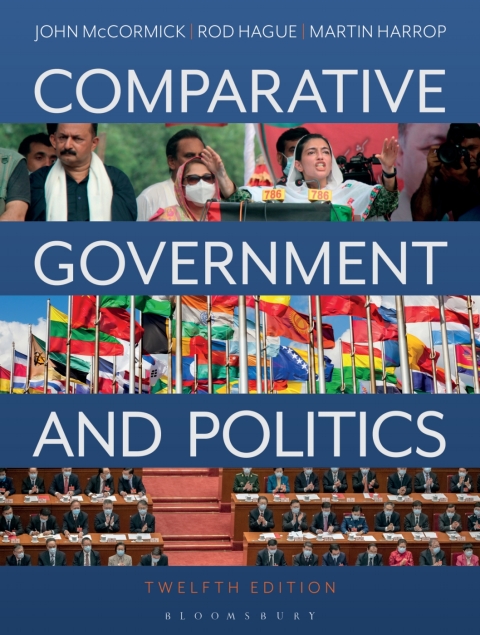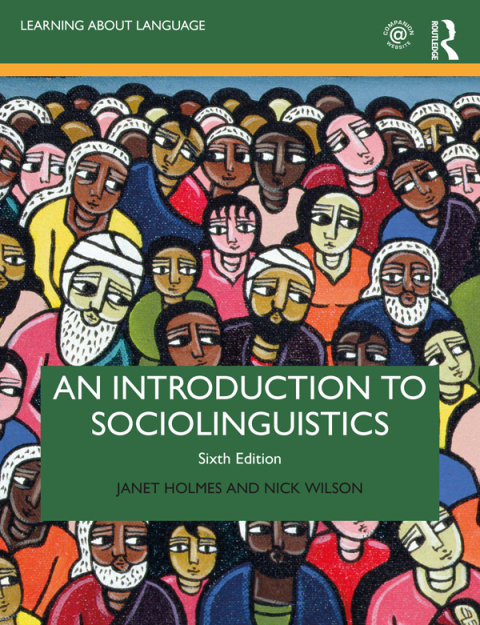Description
Efnisyfirlit
- Title
- Copyright
- Brief Contents
- Detailed Contents
- Illustrations and Features
- Preface
- Guide to the Twelfth Edition
- Guide to Learning Features
- Guide to the Website
- Acknowledgements
- Part 1: Principles
- 1. Government and politics
- Understanding government and politics
- The benefits of comparison
- Government and governance
- Politics, power and authority
- Regimes and political systems
- 2. Making comparisons
- Understanding comparison
- Origins and evolution
- Choosing cases
- Choosing methods
- The challenges of comparison
- 3. States and nations
- Understanding states
- Origins and evolution
- The diversity of states
- Understanding nations
- The future of the state
- 4. Political culture
- Understanding political culture
- From The Civic Culture to post-materialism
- From cultures to civilizations
- Political trust
- Political culture in authoritarian regimes
- 5. Democratic rule
- Understanding democratic rule
- Democratic regime types
- Origins and evolution
- Forms of democratic rule
- Democracies and rights
- The future of democratic rule
- 6. Authoritarian rule
- Understanding authoritarian rule
- Authoritarian regime types
- Origins and evolution
- Forms of authoritarian rule
- The political impact of corruption
- The future of authoritarian rule
- Part 2: Institutions
- 7. Constitutions and courts
- Understanding constitutions
- Origins and evolution
- The role of courts
- The role of the judiciary
- Constitutions and courts in authoritarian regimes
- 8. Executives
- Understanding executives
- Presidential executives
- Parliamentary executives
- Semi-presidential executives
- Executives in authoritarian regimes
- 9. Legislatures
- Understanding legislatures
- Origins and evolution
- One chamber or two?
- Representatives and their work
- Legislatures in authoritarian regimes
- 10. Bureaucracies
- Understanding bureaucracies
- Origins and evolution
- How bureaucracies are organized
- How bureaucrats are recruited
- Bureaucracies in authoritarian regimes
- 11. Sub-national government
- Understanding sub-national government
- Unitary systems
- Federal systems
- Local government
- Sub-national government in authoritarian regimes
- 12. The media
- Understanding the media
- Origins and evolution
- Comparing media freedom
- Social media and the post-truth world
- The media in authoritarian regimes
- Part 3: Processes
- 13. Political participation
- Understanding political participation
- Patterns of participation
- Voting
- Public opinion
- Political participation in authoritarian regimes
- 14. Elections
- Understanding elections
- Legislative elections
- Executive elections
- Referendums and initiatives
- Voter turnout
- Elections in authoritarian regimes
- 15. Political parties
- Understanding political parties
- Origins and evolution
- Party systems
- Party organization
- Political parties in authoritarian regimes
- 16. Interest groups
- Understanding interest groups
- Origins and evolution
- Types and methods
- The dynamics of interest groups
- Interest groups in authoritarian regimes
- 17. Public policy
- Understanding public policy
- Models of the policy process
- Comparing policy styles
- Policy diffusion and convergence
- Public policy in authoritarian regimes
- 18. Political economy
- Understanding political economy
- Origins and evolution
- Comparative political economy
- The welfare state
- Political economy in authoritarian regimes
- Bibliography
- Index






Reviews
There are no reviews yet.